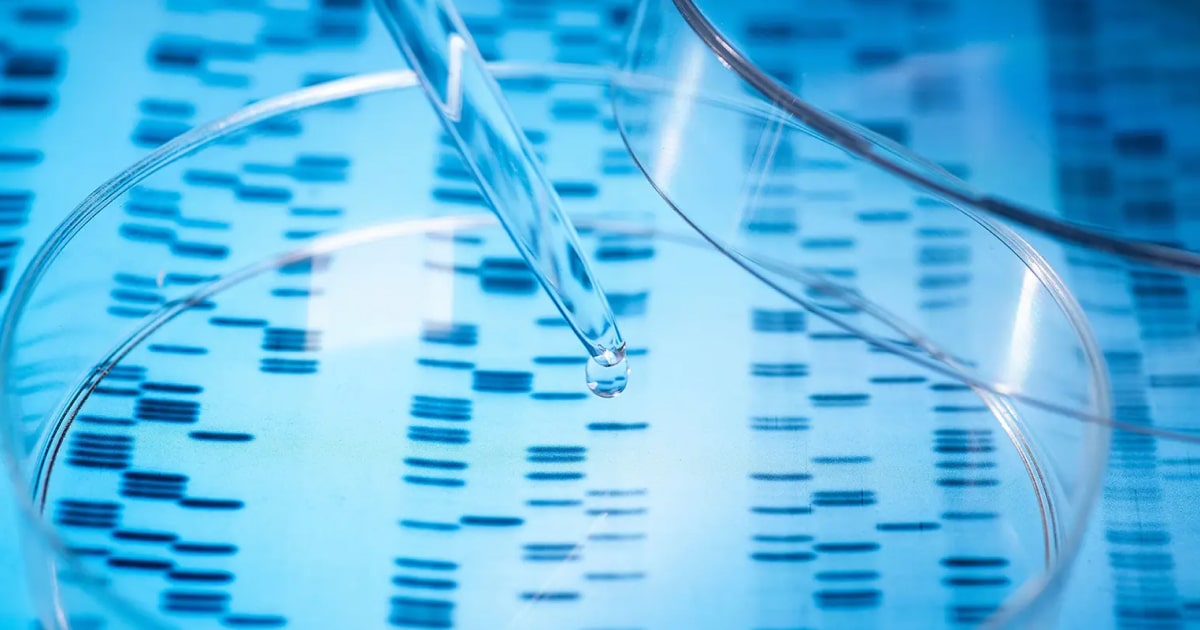
Expert Reviewed By: Dr. Brandon Colby MD
Understanding Luteinizing Hormone Resistance
Luteinizing hormone (LH) resistance, also known as Leydig cell hypoplasia (LCH), is a rare genetic disorder that affects the normal development and function of the gonads in both males and females. In females, LH resistance can lead to infertility, irregular menstrual cycles, and other reproductive issues. This condition is caused by mutations in the luteinizing hormone/choriogonadotropin receptor (LHCGR) gene, which is responsible for the proper functioning of the LH receptor. When the LH receptor is defective, it cannot properly respond to LH, leading to the various symptoms associated with this disorder.
Diagnosing Luteinizing Hormone Resistance
Diagnosing LH resistance can be challenging due to the rarity of the condition and the variability of its symptoms. However, a combination of clinical findings, hormonal evaluations, and genetic testing can help to confirm the diagnosis. In one study, Abstract 106: Hypogonadism due to isolated luteinizing hormone receptor defect, an 18-year-old male with type 2 LCH was diagnosed based on his clinical presentation and hormonal evaluations. In another study, P534 A novel heterozygous mutation in the luteinizing hormone/choriogonadotropin receptor (LHCGR) gene in a patient with 'genuine' empty follicle syndrome, a 27-year-old woman with primary unexplained infertility and empty follicle syndrome was found to have a novel mutation in the LHCGR gene.
Another useful diagnostic tool for LH resistance is the evaluation of basal serum LH levels. In the study Basal serum luteinizing hormone value as the screening biomarker in female central precocious puberty, researchers found that specific cutoff values for basal serum LH levels could be used to diagnose central precocious puberty and early puberty in girls. This finding suggests that basal serum LH levels may also be helpful in identifying LH resistance in females.
Genetic Testing for Luteinizing Hormone Resistance
The Role of Genetic Testing in Diagnosis
Genetic testing plays a crucial role in confirming the diagnosis of LH resistance. By identifying mutations in the LHCGR gene, genetic testing can provide definitive evidence of the disorder. Furthermore, genetic testing can help to differentiate LH resistance from other conditions with similar clinical presentations, such as polycystic ovary syndrome (PCOS) or other forms of hypogonadotropic hypogonadism.
Genetic Counseling and Family Planning
For individuals diagnosed with LH resistance, genetic counseling can provide valuable information and support. Genetic counselors can help patients understand the inheritance pattern of the disorder, the risk of passing the condition on to their children, and the available options for family planning. Additionally, genetic testing can be used to identify carriers of the LHCGR gene mutation within a family, allowing for more informed reproductive decisions.
Potential Future Therapies
As our understanding of the genetic basis of LH resistance continues to grow, researchers are exploring new avenues for potential therapeutic interventions. In one study, Continuous Kisspeptin Restores Luteinizing Hormone Pulsatility Following Cessation by a Neurokinin B Antagonist in Female Sheep, researchers found that continuous infusion of kisspeptin, a hormone involved in the regulation of LH secretion, was able to restore pulsatile LH secretion in sheep after it had been suppressed. While this study was conducted in animals, it raises the possibility that similar approaches could be explored in the future for the treatment of LH resistance in humans.
Conclusion
Luteinizing hormone resistance is a rare genetic disorder that can have significant impacts on the reproductive health of affected individuals. Through a combination of clinical evaluation, hormonal testing, and genetic analysis, healthcare providers can accurately diagnose this condition and provide appropriate guidance and support for patients. As our understanding of the genetic basis of LH resistance continues to grow, so too does the potential for new and innovative therapies to improve the lives of those affected by this disorder.
About The Expert Reviewer
Dr. Brandon Colby MD is a US physician specializing in the personalized prevention of disease through the use of genomic technologies. He’s an expert in genetic testing, genetic analysis, and precision medicine. Dr. Colby is also the Founder of and the author of Outsmart Your Genes.
Dr. Colby holds an MD from the Mount Sinai School of Medicine, an MBA from Stanford University’s Graduate School of Business, and a degree in Genetics with Honors from the University of Michigan. He is an Affiliate Specialist of the American College of Medical Genetics and Genomics (ACMG), an Associate of the American College of Preventive Medicine (ACPM), and a member of the National Society of Genetic Counselors (NSGC)